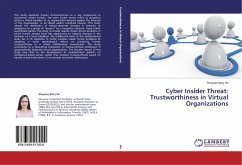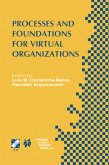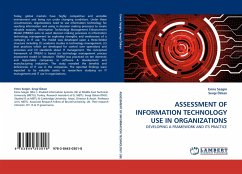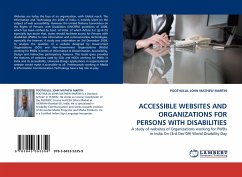This study examines human trustworthiness as a key component in countering insider threats. The term insider threat refers to situations where a critical member of an organization behaves against the interests of the organization, in an illegal and/or unethical manner. This study adopts the attribution of human-observed changes in behavior as analogous to a group of "sensors" on a computer network. Using online team-based games, this study re-creates realistic insider threat situations in which human sensors have the opportunity to observe changes in the behavior of a focal individual. The intellectual merit of this sociotechnical study lies in its capability to tackle complex insider threat problems by adopting a social psychological theory on predicting human trustworthiness in a virtual collaborative environment. The study contributes to a theoretical framework of trustworthiness attribution in geographically dispersed virtual organizations. The broader impact of this study may lead to the development of sociotechnical systems: an intelligence-based sensor system that analyzes trustworthiness based on human virtual interactions, in an attempt to predict malfeasance.
Bitte wählen Sie Ihr Anliegen aus.
Rechnungen
Retourenschein anfordern
Bestellstatus
Storno








